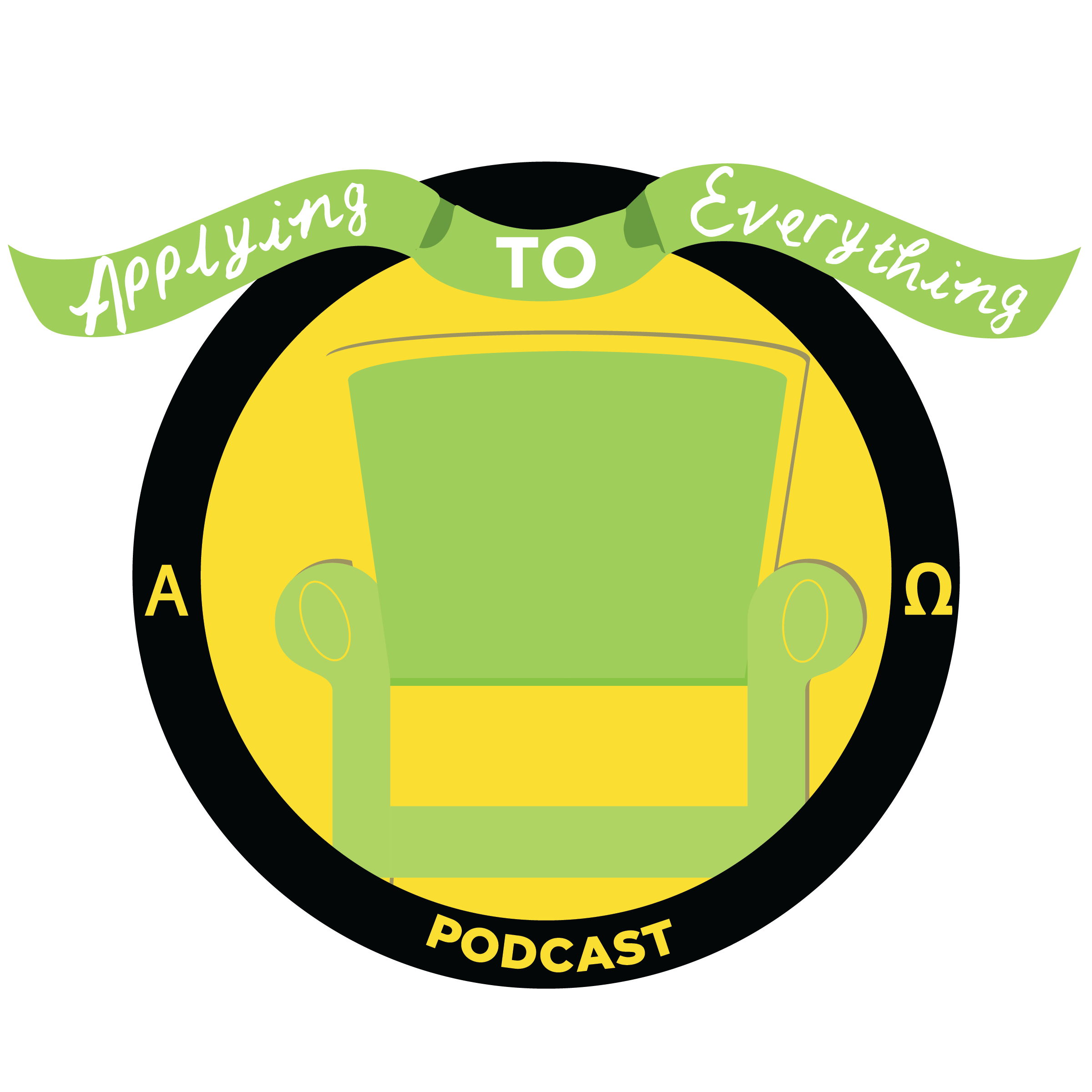History, Narrative, Truth, Podcasts
This week I sit down with youth engagement and communications specialist Amber Richardson to talk about Thanksgiving, historical revisionism, and how understanding our past is a first step toward a better future.
A note from Amber: As I said in the beginning of the episode, I am not an expert on US-Federal Indian policy. Here are a couple resources I've found most helpful in my own journey to learn and share our true history:
- An Indigenous People's History of the United States by Roxanne Dunbar-Ortiz. Must read. Great stuff about the war tactics discussed in the episode.
- The blog and Twitter account of Dr. Adrienne Keene, Cherokee professor at Brown University who primarily writes about cultural appropriation and erasure of Indigenous history and culture. Great stuff including why it's not ok for non-Native people to wear headdresses.
And a few other helpful resources/notes:
- NPR's 1A episode on Indigenous People's Day. Good for understanding how inaccuracies in the U.S. public education system actually affect Native peoples and Native youth.
- Note about tribal belonging: Each tribe has their own enrollment criteria. My tribe requires that one parent be enrolled Haliwa, and that the applicant be able to prove social and community ties. Other tribes determine enrollment by blood quantum, matrilineal affiliation (i.e. enrollment is determined by the mom), or other policies. The important takeaway here is that tribes are sovereign political entities, not racial identifications. Thus the varying citizenship prerequisites.
- Note about Indian vs. Native American vs. Native vs. Indigenous. I use them interchangeably, but the best way to identify someone is by first and ALWAYS asking what they prefer; however it's generally best/safe to call them by their tribe or use the term Indigenous.
